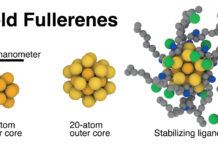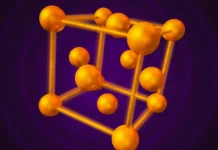 The world is awash in discarded plastics. A recent estimate of the amount of plastic in Earth’s environment puts it at 6.3 billion metric tons (of the 8.3 billion metric tons that have been mass produced since the 1950s). This includes what is in landfills and what floats around in our rivers, lakes and oceans. Some plastics can take up to 400 years to degrade.
The world is awash in discarded plastics. A recent estimate of the amount of plastic in Earth’s environment puts it at 6.3 billion metric tons (of the 8.3 billion metric tons that have been mass produced since the 1950s). This includes what is in landfills and what floats around in our rivers, lakes and oceans. Some plastics can take up to 400 years to degrade.
His idea is to use bacteria to make plastics, specifically employing cyanobacteria, a photosynthesis-happy bug, as one of the starting materials. Weiss recently published a paper in Metabolic Engineering that outlines a new production method that would be powered by cyanobacteria and the naturally occurring Halomonas boliviensis. Weiss recently joined ASU’s Polytechnic campus, where he will work on scaling up the process at the Arizona Center for Algae Technology and Innovation (AzCATI).
Read more> ASU developing biodegradable plastics made from bacteria
Image thumbnail courtesy of asu.edu










